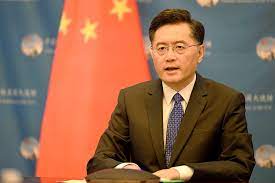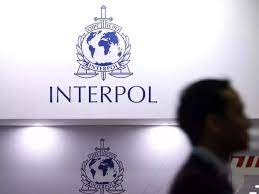
Qin Gang Appointed As China’s New and Youngest Foreign Minister: China has appointed Qin Gang, its ambassador to the United States and a trusted aide of President Xi Jinping, to be its new foreign minister, as Beijing and Washington seek to stabilize rocky relations. This decision was made by the 13th National People’s Congress (NPC) Standing Committee. Qin, 56, replaces Wang Yi, who has been foreign minister for the past decade. Wang, 69, was promoted to the politburo of the Chinese Communist Party and is expected to play a bigger role in Chinese foreign policy.
January 2023 Current Affairs Quiz
Qin Gang And His Erstwhile Positions:
Qin rose quickly through various positions in China’s foreign ministry, including two stints as ministry spokesman between 2006 and 2014, and as chief protocol officer between 2014 and 2018, overseeing many of Xi’s interactions with foreign leaders. As spokesman, he stood out among his peers for being one of the earliest Chinese diplomats to make sharp comments in defence of China’s increasingly assertive foreign policy, what later became known as “wolf warrior” diplomacy.
Qin Gang And His World View:
- Qin reaffirmed that China-U.S. relations were not a “zero-sum game” in which one party won at the expense of the other in an editorial that was published in the bimonthly American journal the National Interest. Qin provided an overview of China’s foreign policy perspective.
- He remarked, “Both parties are prepared to ameliorate the situation and jointly protect peace along their borders,” in reference to India-China border disputes.
- Qin, meanwhile also blamed the US for challenging the status quo on Taiwan, and Japan for altering the status quo in the South China Sea.
- “China’s development means a stronger force for peace, not a growing power poised to ‘break the status quo’, as some call it. The tension across the Taiwan Strait was not created by the Chinese mainland breaking the status quo, but by ‘Taiwan independence’ separatists and external forces continually challenging the status quo of ‘one China‘,” Qin wrote.





